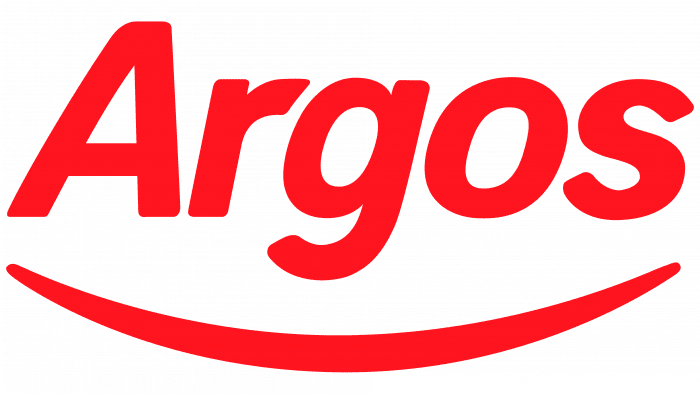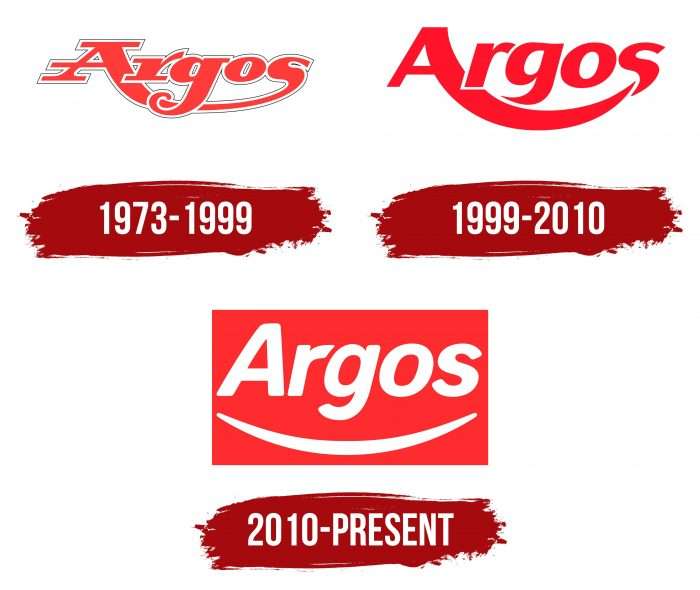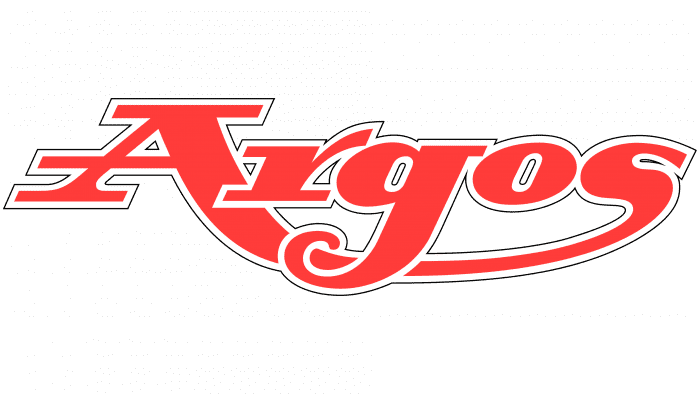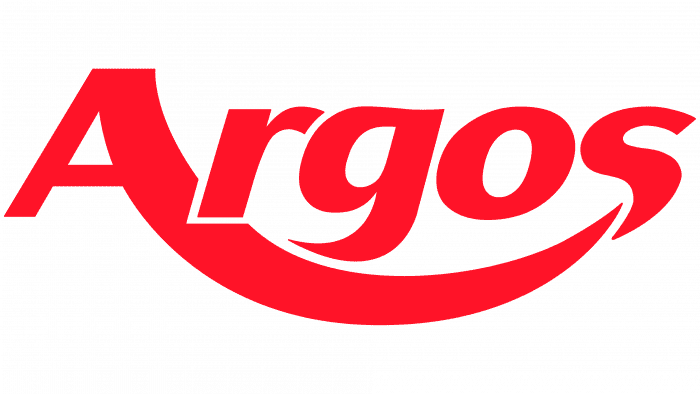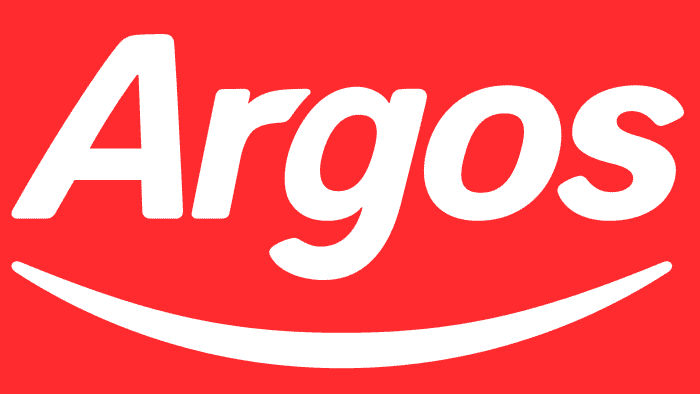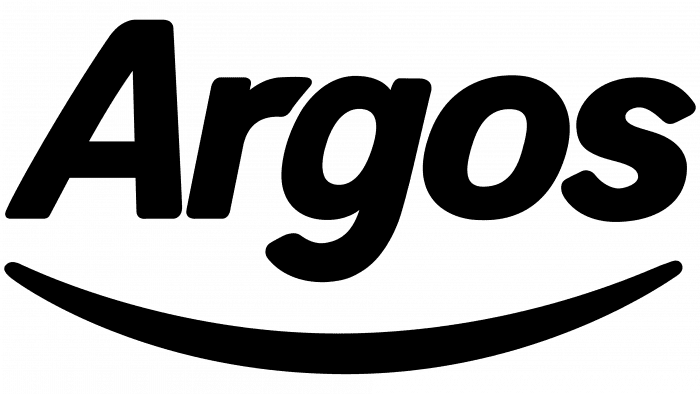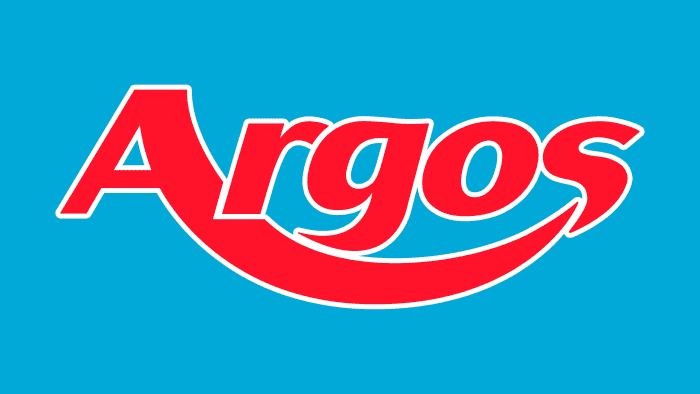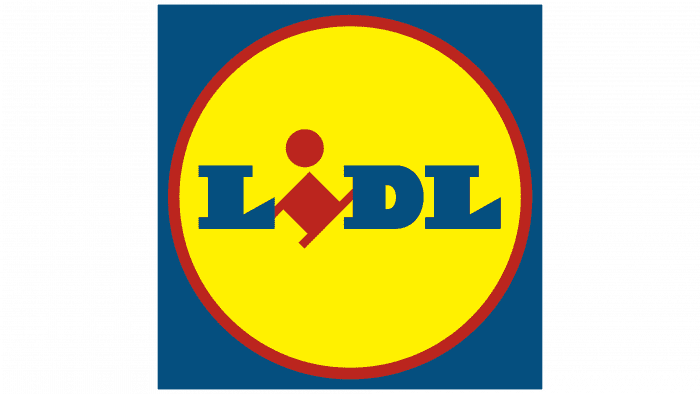Shopping from A to Z is symbolized by the Argos logo. The color scheme of the emblem hints at discounts and hot offers; it is enough to follow a simple sequence of actions. Customers are waiting for pleasant emotions and fast service.
Argos: Brand overview
| Founded: | 13 November 1972 |
| Founder: | Richard Tompkins |
| Headquarters: | Milton Keynes, England |
| Website: | argos.co.uk |
Meaning and History
The company has gone through several development stages and has built a successful network of general-purpose goods on websites and city stores. It had 883 retail outlets that generated revenue from a huge customer base. In real stores, 29 million people bought goods every year, and about 1 billion through the Internet. Franchising abroad was also well developed.
This continued until the brand’s parent company ceded it to Sainsbury, which owns an entire branch of supermarkets in Britain. After a £ 1.4bn takeover, Argos has become one of the branded divisions. This happened in the fall of 2016. But the event did not affect the identity in any way because the new owner left the old logo for recognition among regular customers.
At the end of 2020, Argos was shaken by a flawed Sainsbury marketing strategy. As a result, the owner announced that 420 retail outlets would be liquidated by 2024. However, already 120 stores, temporarily closed due to the pandemic, will never start working. That is, in 2021, a well-known retail brand is going through a crisis that threatens it with the loss of its widely recognized emblem. And there are three of them in his career.
What is Argos?
Argos is a British retailer of clothing, footwear, food, sports equipment, jewelry, toys, furniture, appliances, and much more. It operates both in physical stores and on online platforms where customers can order goods for delivery. The company was launched in 1972 by Richard Tompkins and was acquired by the supermarket chain Sainsbury in 2016. The word “Argos” originates from the name of an ancient Greek city.
1973 – 1999
The debut logo is based on the name of the trade network. The word “Argos” is in a non-standard font with a connecting line in the lower area. It goes through “g” and links the first “A” to the final “s.” All characters are serifs, surrounded by a double border – white and black stripes.
1999 – 2010
In the version approved in 1999, the designers divided the bottom line into two unequal parts. The long segment is the leg “A”; the short is the letter “s” without rounding. They also shortened the “g,” removed the outline, removed the serifs, and made the lettering clean and smooth. Only the red color remained from the previous design.
2010 – today
The current emblem is simplified. Everything is laconic in it – both graphics and text. From the connecting line’s image in the form of an inverted arch, an arc in the form of a smile remained, and from the wide signs – narrow symbols. The consulting design agency Brand Union (the author of the modern logo) implemented an inversion: it changed the letters’ colors and background. Therefore, now the white text is positioned on the red rectangle.
Since 2010, the brand has been undergoing rebranding. In January, she received a different logo and a relaunched major online store. The rest of the alterations will take several more years and will cost, according to preliminary estimates, 70 million pounds sterling. However, it should be noted that the updated emblem is not like the previous ones: it is much simpler and less unique.
Argos: Interesting Facts
Argos is a well-known retailer in the UK, famous for its catalog shopping.
- Starting Point: Argos was founded in 1972 by Richard Tompkins after a holiday experience with Green Shield stamps sparked the idea. It’s grown into a leading digital retailer in the UK.
- Catalog Era: Argos was famous for its thick catalogs that listed thousands of products, from tech to toys, making it a household name for shopping in the UK.
- Going Digital: With shopping habits changing, Argos switched from its beloved print catalogs to a digital-first model in 2020, moving with the times while keeping its customer base strong.
- New Retail Strategies: After Sainsbury’s bought Argos in 2016, Argos opened mini-stores within Sainsbury’s supermarkets. This mix of groceries and general goods shopping has been a hit.
- Fast Track Delivery: In 2015, Argos introduced same-day delivery across the UK, blending the ease of online shopping with the speed of getting your items immediately.
- Product Variety: Argos offers everything from kitchen appliances to the latest gadgets, and it is known for its good prices and broad selection.
- Eco-Friendly Moves: Argos is working on reducing its carbon footprint, like cutting back on packaging and encouraging recycling, including moving from print to digital catalogs.
- Supporting Charities: Argos isn’t all about selling; it’s also given a lot to charity, supporting various causes, from health to children’s welfare, raising millions.
- A Cultural Staple: The Argos catalog is part of UK culture, and many people remember it fondly for containing wish-list items for birthdays or Christmas.
- Unique Shopping Experience: Argos had a unique shopping method: You wrote down order codes from the catalog and paid at the counter, which set it apart even as it moved forward.
Argos’s story from a catalog-based retailer to a digital pioneer shows its adaptability and lasting appeal in the UK’s retail scene.
Font and Colors
Although there is a font of the same name, Argos, it has nothing to do with its typeface for the trademark logo. In the first two versions – an individual inscription, in the current one – a modification of the Magnum Sans Pro Bold Italic sans serif.
The palette did not change (except for shades) and always consisted of a combination of red and white. At first, the letters were colored, and the font was light, but now it’s the opposite.
Argos color codes
| Cinnabar | Hex color: | #ef2e1f |
|---|---|---|
| RGB: | 239 46 31 | |
| CMYK: | 0 81 87 6 | |
| Pantone: | PMS 187 C |
